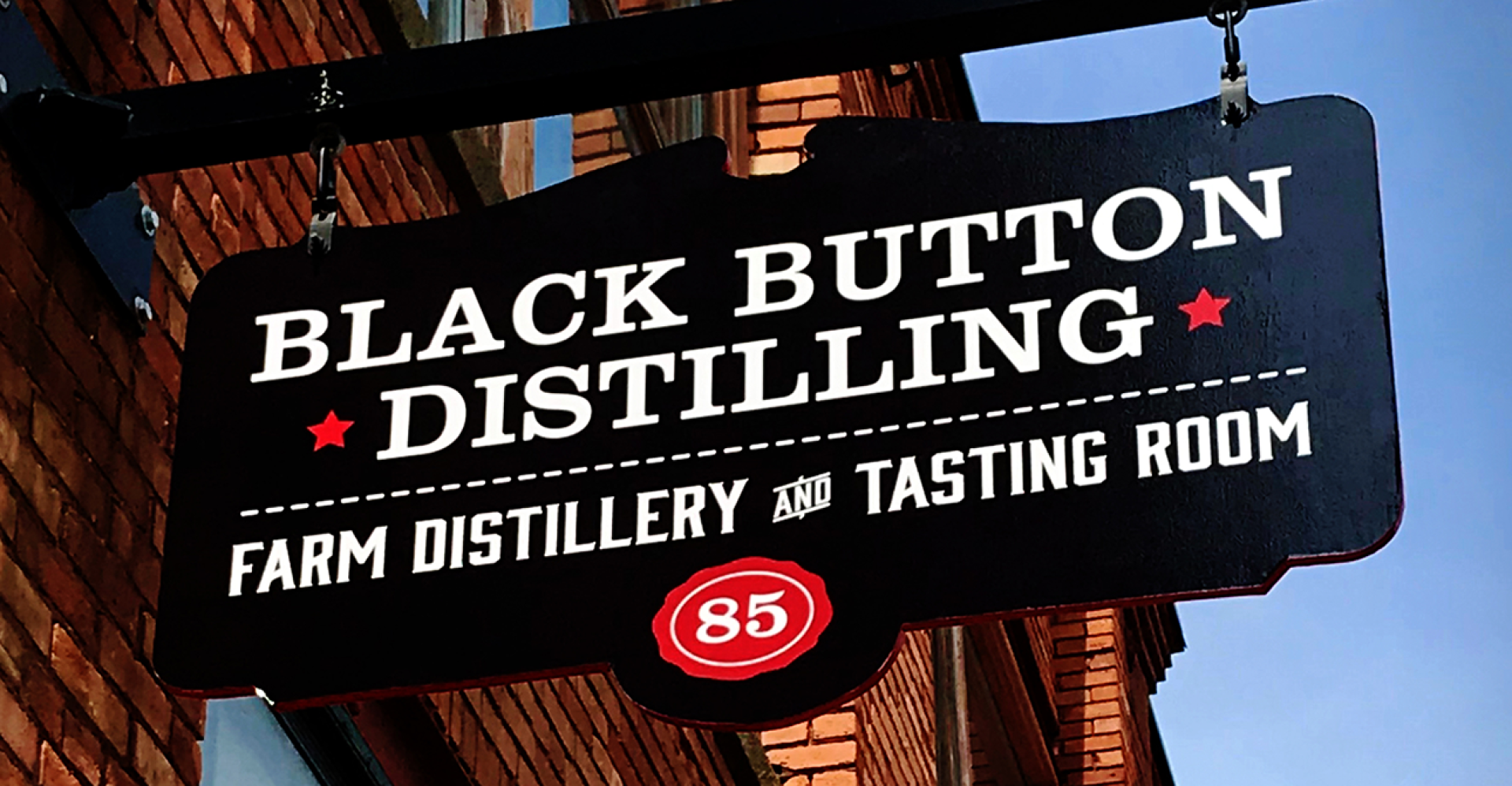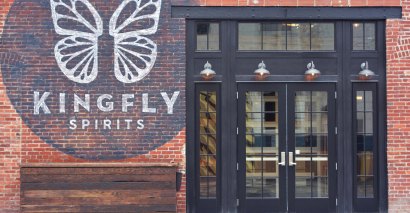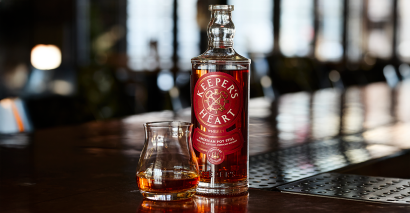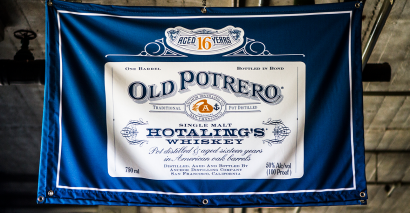
Black Button Distilling Is the Latest Craft Distillery to Go Out of Business
After 13 years, the New York distillery has shut down, citing financial difficulties
July 30, 2025 –––––– Danny Brandon
Update September 26, 2025: Newly formed Blackstar Company, founded by whiskey industry veterans, has announced its purchase of Black Button Distilling. Founder Jason Barrett will remain to lead production. Get all of the details here.
So far, 2025 has been a rough year for the whiskey industry, and, while distillers of all sizes have certainly grappled with headwinds, conditions have been particularly brutal in the craft scene. As we reported just a few months ago, many producers have scaled back their production, with some, like Owensboro, Kentucky’s Green River Distilling sacking a significant portion of their workforces. Other craft players have fallen on harder times, shutting down their distilleries or filing for bankruptcy, with notable examples including Westward, Kentucky Owl, Boston Harbor Distillery, Luca Mariano, and Garrard County. Just weeks ago, Pennsylvania craft distillery Manatawny Still Works suddenly closed its locations after 11 years of operation. The latest distillery to join that list is Rochester, New York-based Black Button Distilling, which announced this month that it would be closing its doors.
Black Button’s Rise and Fall
Black Button Distilling was founded in 2012 and hung its hat on a grain-centric approach to making bourbon and rye. It wasn’t a grain-to-glass distillery in the traditional sense—Black Button was located in an urban area not far from the University of Rochester—but it worked closely with local farmers and sourced most of its grain from within 50 miles of the city. In 2015, Black Button doubled down on its dedication to local grain by partnering with five other distilleries to create the Empire Rye Whiskey Association: A group that aimed to create a new standard of identity for Empire rye, a style that’s distilled in New York using at least 75% grains that were grown in-state.
Two years ago, Black Button undertook its first major expansion, relocating from its cramped 5,000 square-foot facility to a new location across town. The space, which was about six times larger than the original, allowed the distillery to quadruple its annual production capacity to around 4,500 barrels, with longer-term plans to further increase that number by adding additional fermenters over time. The new location also had a 4,500 square-foot tasting room, shop, and event space.
The expansion was meant to be a seminal point for Black Button, but the enthusiasm would be short-lived. Last year, the distillery brokered a deal with JetBlue that saw its bourbon cream liqueur sold on all the airline’s flights, but things remained relatively quiet on the whiskey front. Earlier this month, founder Jason Barrett announced that the distillery would be closing its doors, citing financial difficulties and a downturn in the alcohol market. “Bringing spirit production back to Rochester has been the adventure of a lifetime,” said Barrett in a statement. “Thank you for believing in local spirits, in us, and in what Black Button set out to create. You’ve made it all worth it.”
Barrett hasn’t disclosed exactly what financial difficulties Black Button was facing, but a possible explanation is a lack of outside funding. In 2019, Constellation Brands—owner of High West Distillery—acquired a minority share in Black Button for an undisclosed sum. The larger whiskey industry was in growth mode back then, and Constellation aimed to capitalize on it by making several investments in the craft scene, with its portfolio including Catoctin Creek, Nelson’s Green Brier, Copper & Kings, and Black Button, among others. But in more recent years, as the market has slowed, Constellation has shifted its focus to larger brands like High West, while scaling back its investments in smaller players: Parting ways with Catoctin Creek, offloading the Belle Meade brand, and cutting back production at Nelson’s Green Brier.
Black Button has already sold off most of its bottles, but the question of its barrel inventory is up in the air. It’s an interesting quandary, considering that the very first whiskeys made during the initial production runs at the new location have turned 2 years old this year. (Black Button typically bottles its bourbon at a minimum of 2 years old, but its rye is slightly older at 3 years old.) There’s also the question of Black Button’s older inventory, which was distilled at its prior location. The distillery hasn’t yet disclosed how many of these barrels are still aging, or what Barrett’s plans are for them. However, if prior craft production cuts and closures are anything to go by, it’s possible that these barrels could end up in the hands of an independent bottler or blending house.




